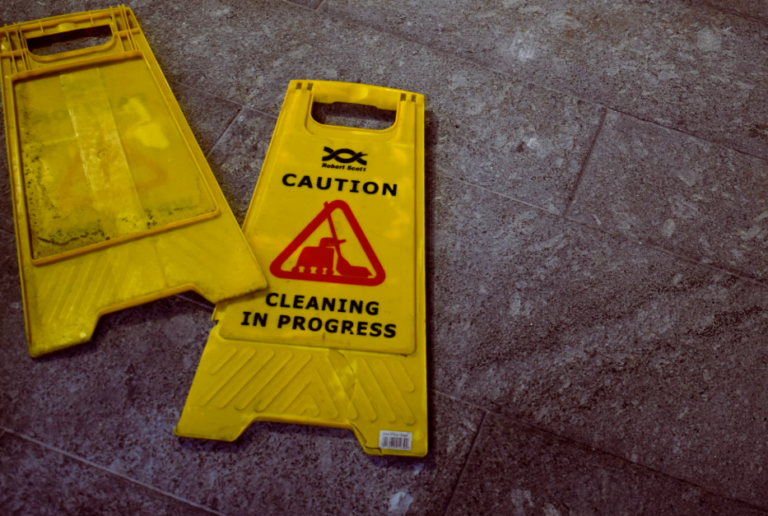New data has revealed that a growing number of UK employees are funding their own health and safety training from their own pockets. The report revealed that 1 in every 10 employees funded their own training, raising serious concerns about underinvestment and culture gaps across industries such as construction, logistics and manufacturing.
The report, which surveyed 920 workers, also found that nearly a third (31%) of UK workers said that their employer’s training budget was insufficient for their role or risk level.
Half of Brits (50%) also say that health and safety training is skipped due to a lack of time at work, showing that it isn’t treated as a priority. One of the biggest findings was that over half (51%) of employees said that a safer workplace is down to colleague behaviour, not rules or lack of knowledge.
This shows that employers need to be more aware of cultural issues as well as compliance, and need to invest in accountability and team-wide behavioural change.
Steve Terry, Managing Director of Astutis, comments on the findings: “When workers are reaching into their wallets for absolutely critical training, it’s a wake-up call. We’re not just talking about professional development, but we’re talking about life-saving knowledge being treated as an option rather than an absolute necessity.”
“In fast-paced sectors, safety generally gets squeezed and is considered something to just do when you’ve got the time on your hands.” However, to businesses, the cost of an accident, injury or regulatory fine, as well as the sadness and psychological side effects, far outweighs the time it takes to train a team. Putting in an extra few hours of training with someone could potentially save their life at work.”
Last month, the government released statistics on workplace safety and fatalities in the workplace. The report revealed that in March 2024-2025, there were 124 deaths in the workplace. The most common cause of fatality was a fall from a height (35), while the most common industries to experience a fatality in the workplace were construction (35) and agriculture, forestry and fishing (23).
There were also a total of 33.7m days lost in this period due to a work-related illness and workplace injury – a huge cost to both the government and to employers.
https://www.astutis.com/astutis-hub/news/learner-report-2025






